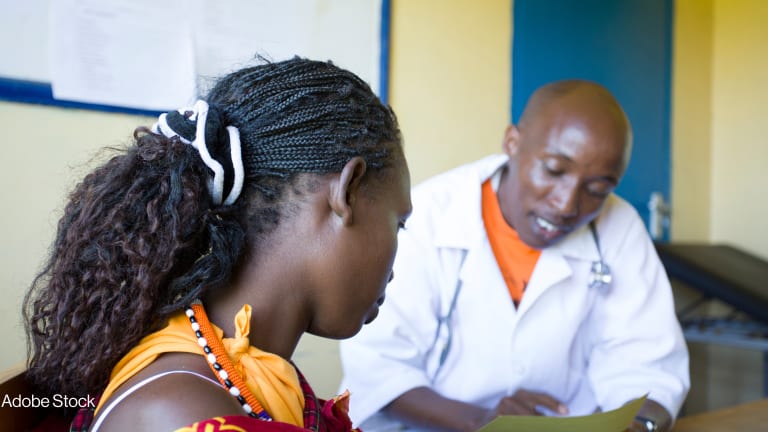On Dec. 1 we celebrated World AIDS Day — an opportunity to raise awareness of the AIDS pandemic and commemorate those who have lost their lives to this disease. This year the focus is on expanding access to HIV prevention, treatment, and care, and the potential to achieve sustainable epidemic control and end AIDS as a public health threat.
As the head of Beacon of Hope, an HIV clinic catering to women and their families in Kenya, I’ve seen both the devastating effects of the disease as well as the transformative power of providing women with care. According to a new report by USAID, new HIV infections have dropped significantly in Kenya and across sub-Saharan Africa since 2000. With greater access to treatment, people are living longer, healthier lives. However, as we strive to meet the needs of these patients, we face a shortage of trained health care workers to provide quality services.
A new report from the U.S. Agency for International Development and FHI 360 identified large gaps between the types of skills needed in clinics and what is taught in traditional health education programs. HIV treatment is an ongoing process requiring health personnel who are not only committed to patient care, but also have the skills to:








